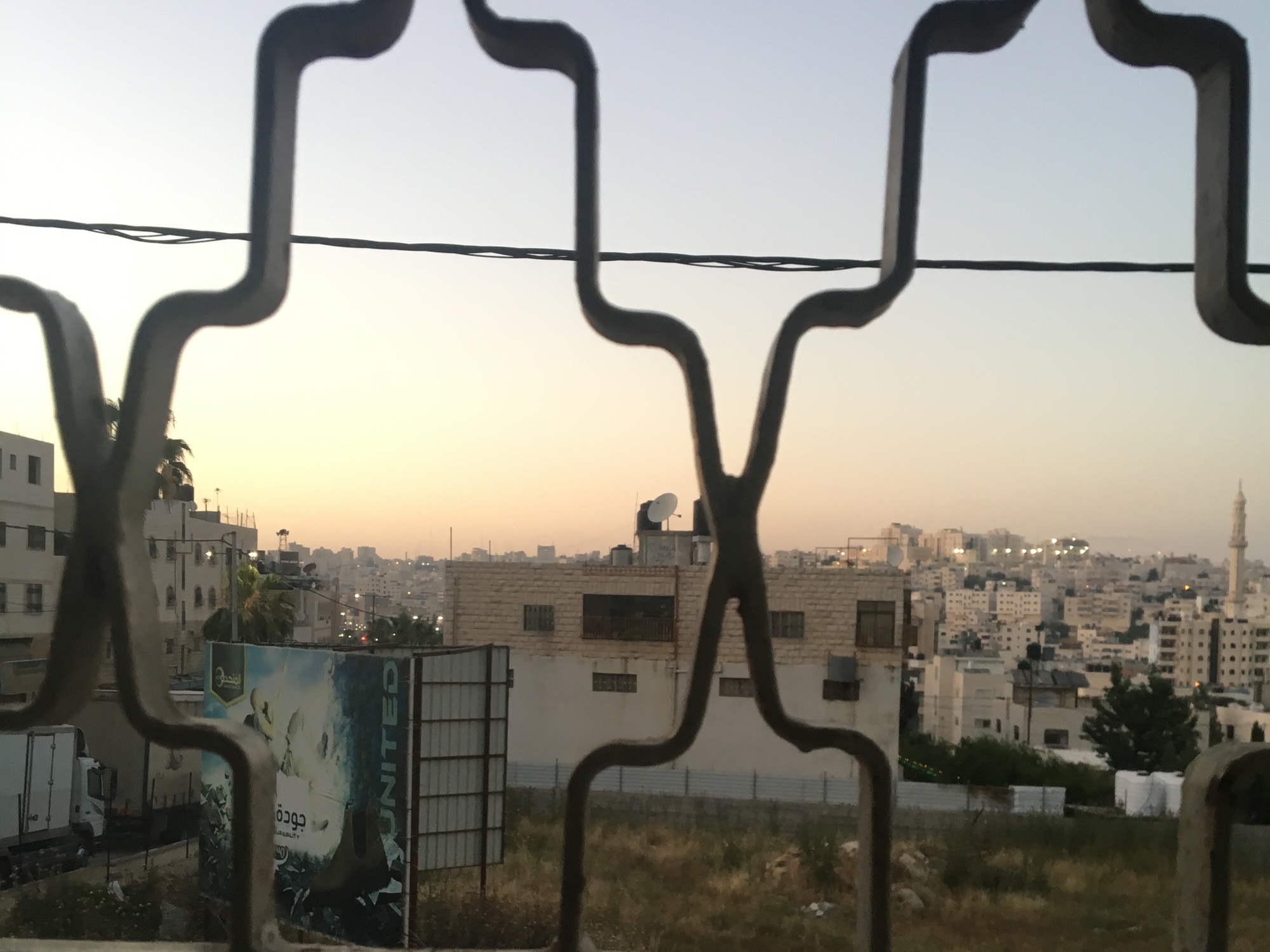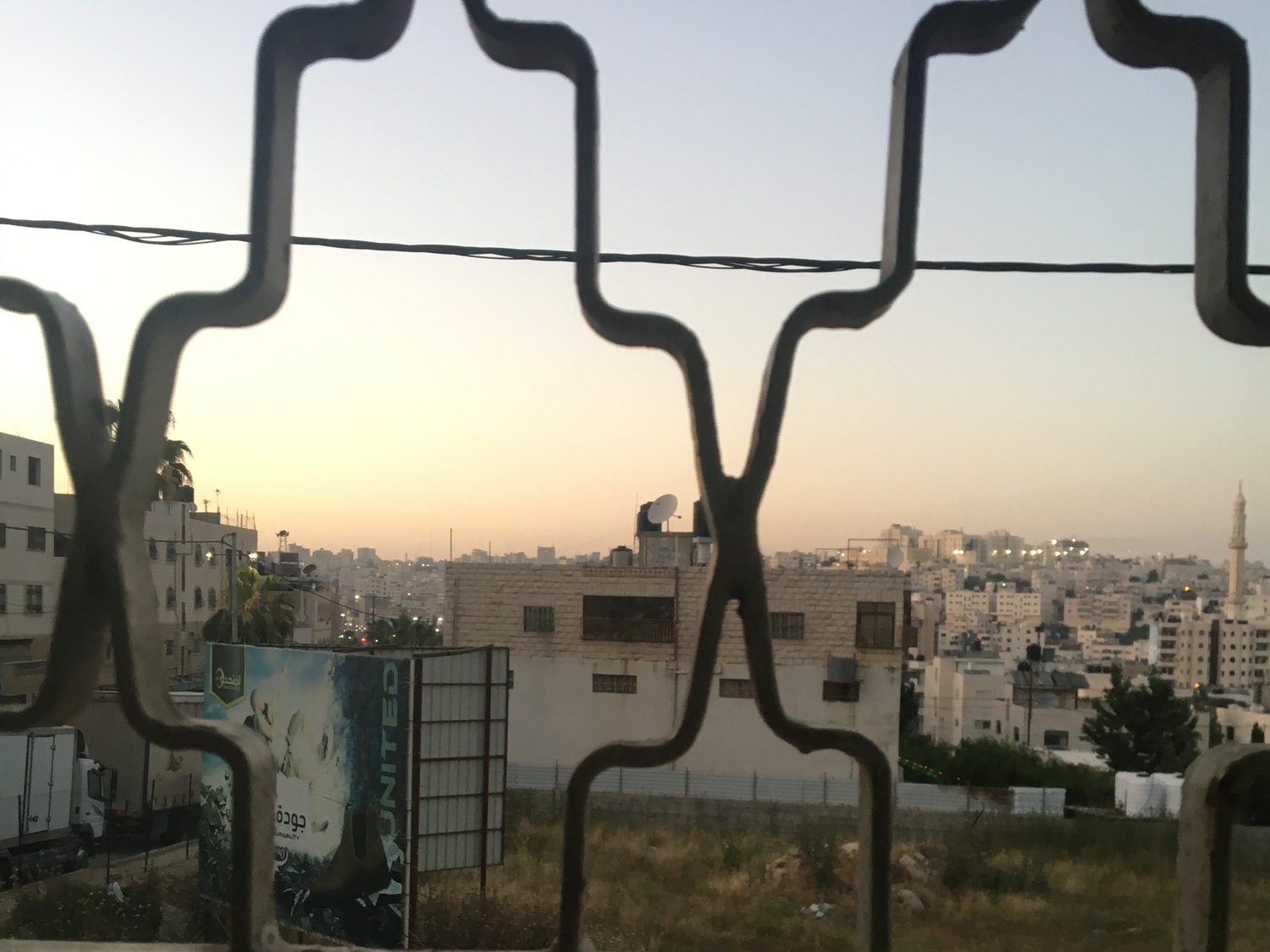
News
Garber Privately Tells Faculty That Harvard Must Rethink Messaging After GOP Victory

News
Cambridge Assistant City Manager to Lead Harvard’s Campus Planning

News
Despite Defunding Threats, Harvard President Praises Former Student Tapped by Trump to Lead NIH

News
Person Found Dead in Allston Apartment After Hours-Long Barricade

News
‘I Am Really Sorry’: Khurana Apologizes for International Student Winter Housing Denials
Summer Postcard: Hungry in Hebron

HEBRON, PALESTINE — It’s an hour before sunset during the last week of Ramadan. We’re walking through the shop-lined alleys of the old town.
The little boys who man the candy stalls —riled up by the thought of iftar, so close — are neglecting their duties, throwing loose gummies, straying away, chatting. The traffic and the volume of the city has started to cook with anticipation. People are packing up, shutting down, rushing to head home.
In these alleys, cut like canyons between ancient buildings, it might as well be dusk already. The tarps and fencing Palestinians have rigged — to protect from rocks and other detritus thrown down by Israeli settlers on the floors above — also block the evening light. On the streets above, though, guarded by soldiers too young to really look the part – one licking a popsicle as he fingers his gun — the sun slants through, ready to sink down like a golden round of pita into a bowl of hummus.
We’re hungry too — two American tourists who are fasting partly because when in Rome and partly because it just doesn’t feel right to do otherwise. Even though we snuck water from time to time, because it was upwards of 100 degrees and we were constantly on the move, the lack of food leaves us with stomach pangs. My stomach really does hurt — right in the upper left corner, hot and sharp — but I can’t tell if it is the hunger or a sense of shame. So many have stopped us, asked us where we’re from, and when we respond America, have shaken their heads: “Americans are good people, but your country is very bad for us Palestinians.” I can’t help but feel this darkness in my national being. I appreciate the distinction, but it also feels sort of thin — the difference made up by nothing more than an “n.”
I heard recently that the gut is the second brain, and I believe it. All through my teenage years, my stomach used to ache from anxiety. I sometimes wouldn’t eat: hunger and anxiety turning on each other, riling each other up just below my rib cage. Here again, in Hebron, my hunger pangs and pangs of something else — an anxious guilt — seem to be one and the same. I’m not going to lie though: I eat the evening meal without thinking. Maybe I should be slower and more cautious, but the food really just tastes so good, and I really am just so hungry.
All my love and thanks to Mo’min and his friends, Islam, and everyone else who treated us so well in Hebron and the West Bank.
Isaac O. Longobardi ’21, a Crimson Associate Editorial Editor, is a Social Anthropology concentrator in Eliot House.
Want to keep up with breaking news? Subscribe to our email newsletter.

